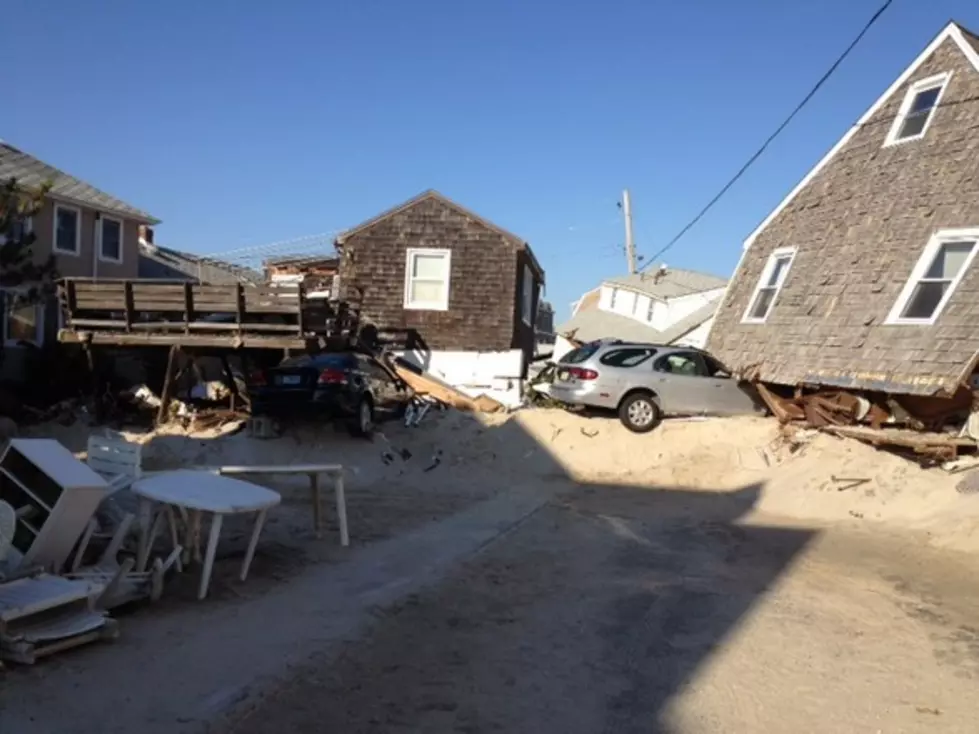![NJ Sandy Recovery Hinges On Federal Funds, Report Says [AUDIO]](http://townsquare.media/site/385/files/2013/01/158914467.jpg?w=980&q=75)
NJ Sandy Recovery Hinges On Federal Funds, Report Says [AUDIO]
If New Jersey is to completely recover from the destruction and devastation caused by Sandy, the state has receive at least $25 billion in federal funds.
That's the only way the economy will see a net positive economic impact over the next several years. That's according to a new report by Rutgers University's Edward J. Bloustein School of Planning and Public Policy.
"This is just one aspect of looking at the effects of Sandy on the state. It's measured by macroeconomic indicators which include gross domestic product, state tax revenues, output, employment and income," said Joe Seneca, Economist at Rutgers University's Edward J. Bloustein School of Planning and Public Policy. "We used our models to try to estimate both the negative effects created by the storm's damages and the offsetting positive effects to the economy that come from the expenditure of significant amounts of money on repair, rebuilding and restoration."
"What the study shows is that the state will see a negative impact in the immediate aftermath of the storm, or in the fourth quarter of 2012. Then there will be small positive effects over the next several years. When I say positive, I mean above a baseline forecast of no storm," said Seneca. "That would be in the form of gains in employment in the construction industry and related industries, real estate, engineering, design, repair, small income gains and very modestly higher state revenue."
But, this will occur only if the significant amount of restoration expenditures are done. That, of course, is dependent on the federal support," said Seneca. "We need those federal dollars in order to neutralize the effects of the storm and repair the infrastructure, the roads, the private infrastructure, the utility infrastructure and the housing stock. Without the restoration expenditures, those net positive results disappear. They remain negative and that leaves the economy weak and vulnerable."
"Despite the fact that New Jersey's economy could benefit over the long term, in no way do we mean to imply that the storm was a good thing for the state's economy," said Seneca. "It was deadly, it was dangerous, it was destructive and it created enormous pain and suffering. This is a report on the macroeconomic effects and highlights the importance of the restoration and rebuilding spending becoming real. What's real now is the damages and what's not real yet is the ability to repair and rebuild from those damages and that's a key point."
More From New Jersey 101.5 FM









